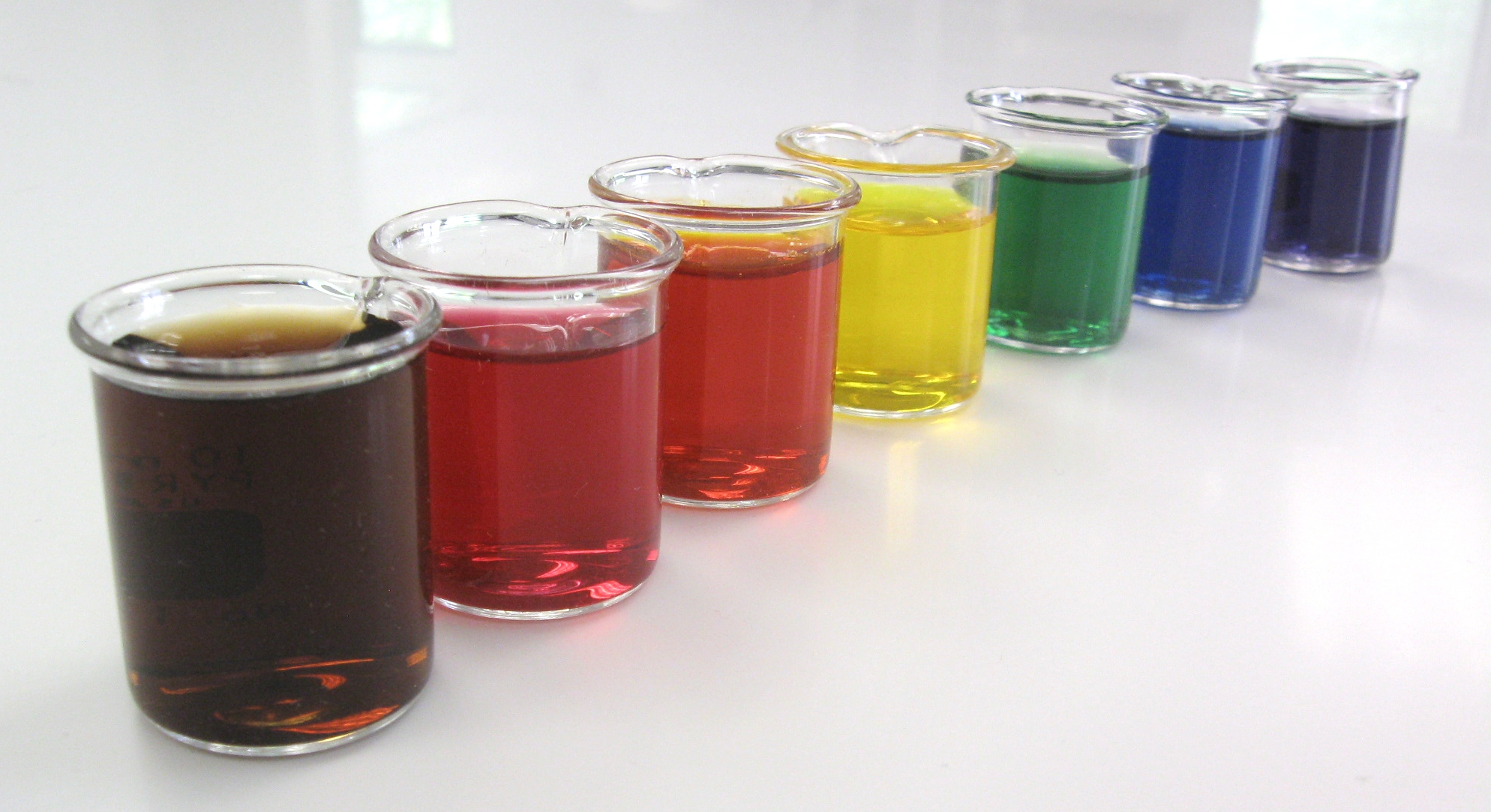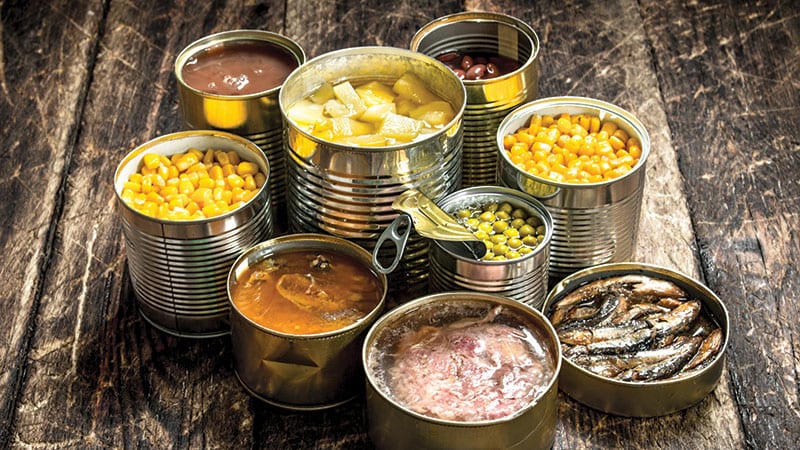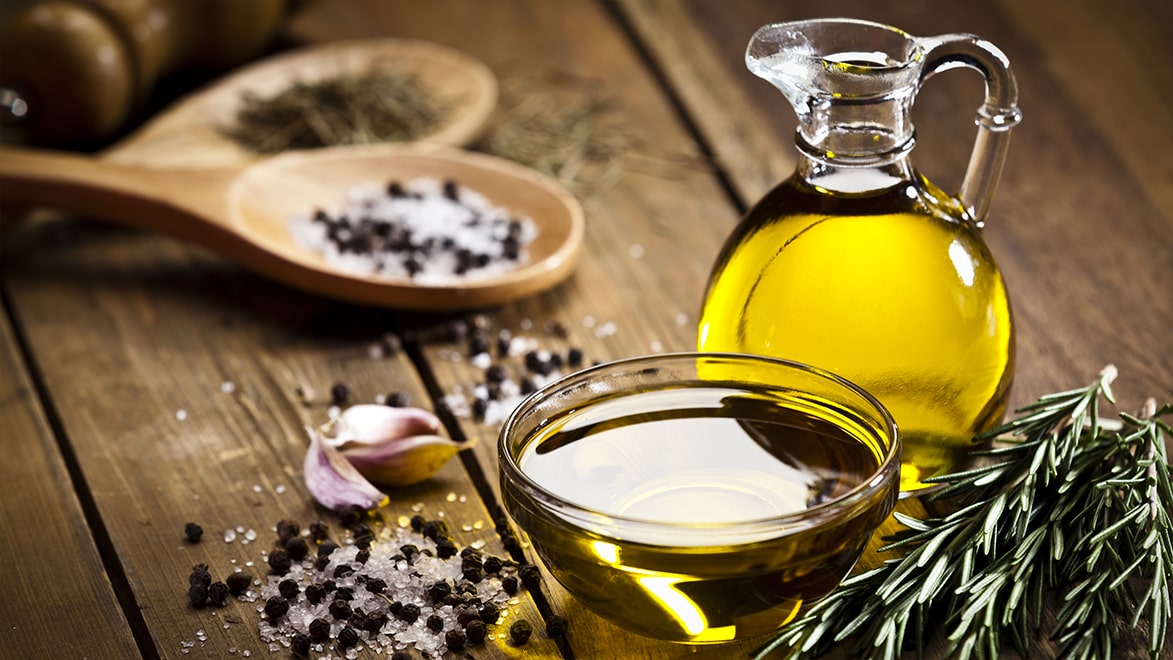Introduction:
Greetings, health-conscious readers! While we strive to make mindful food choices, there are some unexpected culprits that might be hiding in our diets, potentially impacting our lifespan. In this article, let’s uncover eight surprising foods that could be cutting years off your life. From seemingly harmless snacks to common ingredients, it’s time to take a closer look at what might be compromising your longevity.
1. High-Fructose Corn Syrup: Sweet Saboteur

Found in many processed foods and sugary beverages, high-fructose corn syrup has been linked to obesity, diabetes, and cardiovascular issues. Check labels and opt for products with natural sweeteners or lower sugar content.
2. Artificial Food Colorings: Hue of Harm

While adding vibrant colors to foods may seem harmless, artificial food colorings have been associated with behavioral issues in children and potential health risks. Choose whole foods over artificially colored alternatives.
3. Canned Foods with BPA: The Can Conundrum

Some canned foods may contain bisphenol-A (BPA), a chemical linked to hormonal disruptions. Look for BPA-free alternatives or choose fresh and frozen foods to reduce exposure.
4. Packaged Snack Bars: The Convenience Trap
:max_bytes(150000):strip_icc()/Simply-Recipes-Homemade-Granola-Bars-LEAD-05-a73e9fbe6d7b475f9297ae489cc115a0.jpg)
Certain packaged snack bars may contain high levels of added sugars, unhealthy fats, and preservatives. Opt for homemade or minimally processed alternatives, or choose bars with simple, recognizable ingredients.
5. White Bread: The Not-So-Wholesome Loaf

While delicious, white bread lacks the nutritional benefits of whole grains and can contribute to blood sugar spikes. Switch to whole-grain or multigrain options for a healthier choice.
6. Processed Vegetable Oils: The Cooking Culprits

Certain processed vegetable oils, like soybean and corn oil, are high in omega-6 fatty acids and may contribute to inflammation. Choose healthier cooking oils like olive oil or avocado oil for their heart-friendly benefits.
7. Deli Meats: The Hidden Preservatives

Deli meats often contain preservatives like nitrates and nitrites, which have been linked to health concerns. Opt for fresh, lean meats or choose nitrate-free options when selecting deli products.
8. Margarine: The Trans Fat Trickster

Some margarines contain trans fats, which can increase the risk of heart disease. Choose spreads made with healthier fats, like olive oil or avocado, or enjoy real butter in moderation.
Conclusion:
Being vigilant about the foods we consume is essential for promoting a longer, healthier life. By identifying and avoiding these surprising culprits, we can make informed choices that contribute to overall well-being. So, scrutinize your grocery list, read labels, and make adjustments for a diet that supports a vibrant, longevity-filled life.
FAQs:
Q1: Is all high-fructose corn syrup harmful?
A1: While excessive consumption of high-fructose corn syrup has been associated with health issues, moderate intake may not pose significant risks. However, choosing products with natural sweeteners or lower sugar content is advisable.
Q2: Are all artificial food colorings problematic?
A2: Some studies suggest potential links between artificial food colorings and behavioral issues, particularly in children. Choosing whole foods and limiting the intake of artificially colored products may be a prudent choice.
Q3: How can I avoid BPA in canned foods?
A3: Look for BPA-free canned goods or choose fresh and frozen alternatives. Additionally, consider cooking with fresh ingredients to reduce reliance on canned products.
Q4: Are all packaged snack bars unhealthy?
A4: Not all packaged snack bars are unhealthy, but some may contain high levels of added sugars and preservatives. Reading labels and choosing bars with simple, recognizable ingredients can help you make a healthier choice.
Q5: Is all white bread bad for you?
A5: While white bread lacks the nutritional benefits of whole grains, enjoying it occasionally may not be harmful. However, incorporating whole-grain or multigrain options into your diet provides additional nutrients and fiber for better overall health.
